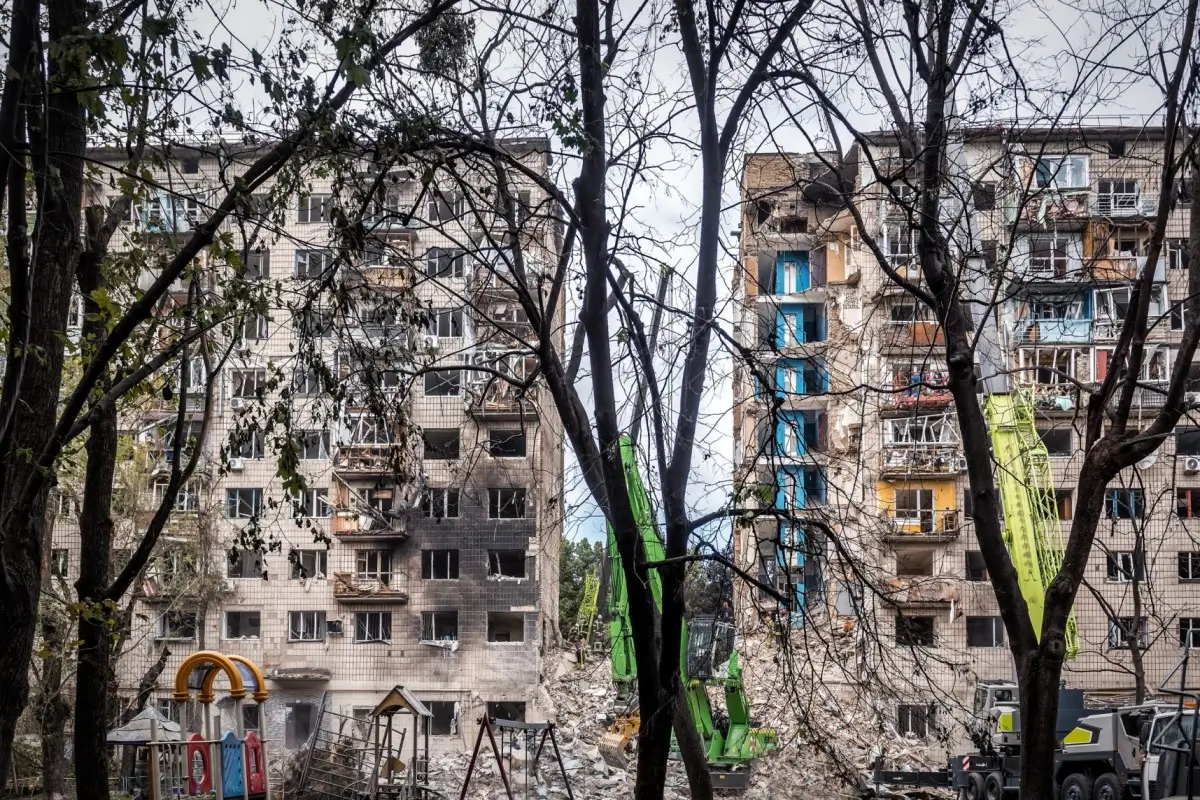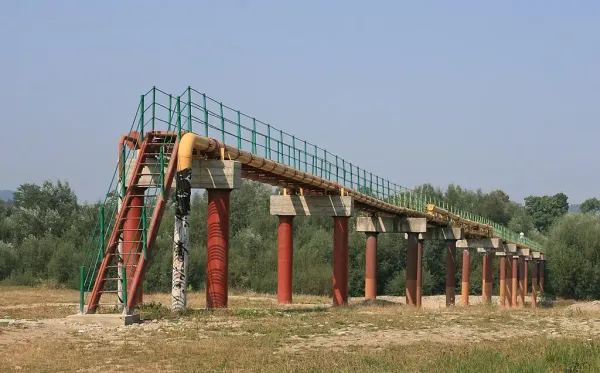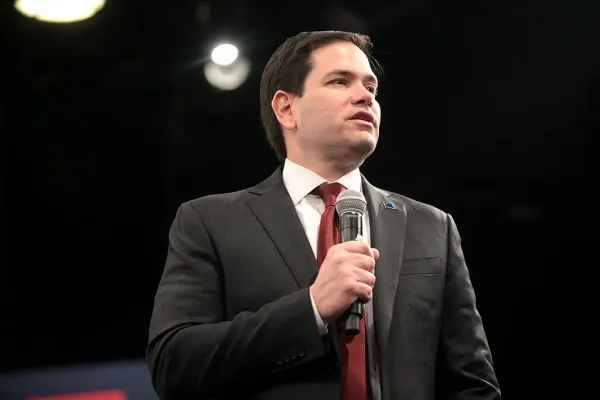
War fatigue in the region: how perceptions of the conflict in Ukraine have changed
Over the past year, public attitudes toward the war in Ukraine have shifted significantly across the Central European region — though not uniformly, and not always in the direction one might assume based on headlines.
Support for Ukraine holds in Poland, but fatigue deepens
In Poland, public opinion still largely supports Ukraine in the face of the Russian aggression ongoing since 2022, but the share of those who prefer an early end to the war — even at the price of Ukrainian territorial concessions — has visibly grown. According to a survey published in January 2025, 68% of Poles clearly want the conflict to end with a Ukrainian victory. At the same time, a December 2024 poll shows that a majority of society (55%) believes the most important goal is to end the war, even if this comes at the cost of Ukrainian territorial losses. There is also growing uncertainty regarding Ukraine’s EU and NATO accession: a 2025 opinion poll shows that only 35% support Ukraine joining the EU, 37% support NATO membership, while 42% oppose it. The Polish public has also become divided over aid and assistance: support for accepting refugees has declined, and doubts about continued military support are increasing.
Sympathy is high in Czechia, yet many prefer compromise solutions
In Czechia, a relatively recent survey — conducted in the fourth quarter of 2024 — shows that a relative plurality of Czechs, 44%, would like to see Ukraine win. At the same time, a significant share supports not a clear Ukrainian victory but an “interim peace or neutrality”: 39% consider such an outcome acceptable.
However, support for military assistance — which in the Czech case has mostly taken the form of ammunition shipments — is quite low: a 2025 poll indicates that only 39% approve of military support, while 77% support humanitarian aid.
This suggests that while Czechs may feel sympathy for Ukraine, they remain reluctant to endorse direct military involvement. Moreover, part of the public is shifting toward Ukraine-skeptic or more pragmatic attitudes — preferring peace, neutrality, or compromise over a long and costly war.
Slovakia shows the region’s weakest backing for Ukraine
According to surveys conducted at the end of 2024, in Slovakia only 32% of the population wants Ukraine to win — a relatively low figure in the region. At the same time, Slovaks tend to support a compromise ending to the war: many would prefer peace or neutrality. Notably, 17% explicitly support a Russian victory.
Slovakia is the most divided of the countries examined: support for Ukraine is low, war fatigue is strong, and there is considerable openness toward compromise or neutrality. Research also shows that the most pro-Ukraine group is the younger generation (ages 16–24) — although even among them, support for Ukraine is not decisive.
Hungary shows persistent ambivalence and firm rejection of direct military engagement
In Hungary, public opinion remained highly ambivalent throughout the past year. A 2023 survey showed that only 48% believed Russia to be primarily responsible for the conflict — a share that rose to 54% by 2024. This shift indicates growing awareness, yet Ukraine-skepticism and a more detached or neutral perception of the war remain strong. Regarding potential direct involvement — such as sending European or NATO troops — Hungarian society is overwhelmingly opposed: according to a spring 2024 survey, 86% reject the idea that European or NATO soldiers should fight in Ukraine. This stance differs sharply from that of most other Central and Eastern European countries.
Romanian majority still backs Ukraine, yet anxieties are growing
In Romania, the latest 2025 data show that the population clearly feels the proximity and consequences of the war: 74.9% believe that the conflict in Ukraine affects Romania to a “very large” or “significant” extent. Yet views on how the war should end are more nuanced: 55.8% believe peace can be achieved only if Russia withdraws and returns the occupied territories — a drop from 64% in 2023. This decline suggests growing fatigue and a rising willingness to consider compromise. Romanians are highly sensitive to security concerns: a 2025 study shows that 41.7% worry Romania might become involved in the conflict. Additionally, 72.8% support increasing defense spending — indicating heightened anxiety about future security. While fear of the war’s consequences and support for defensive readiness remain strong, fewer people believe that the ultimate resolution of the conflict can only come through a complete Russian defeat: signs of a shift toward compromise are becoming visible.





